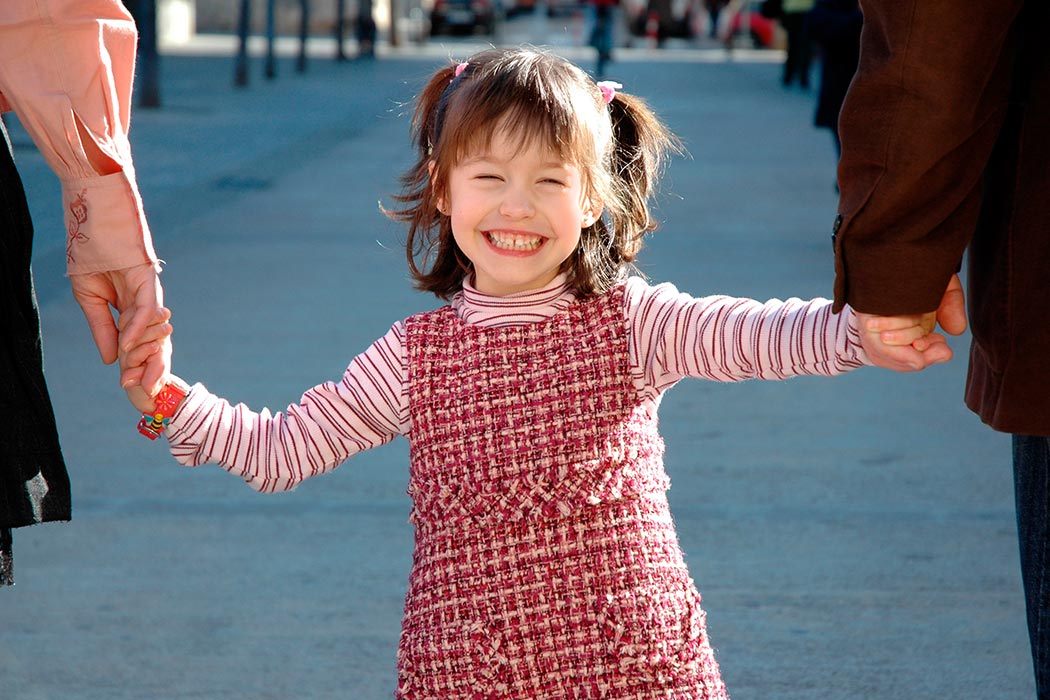
I’ve got a son – the most beautiful, curious, vibrant, loving, funny, creative, heartbreakingly joyful son you can imagine. It wasn’t my plan to have only one child; I had always envisioned at least two, thinking multiple children were essential to any meaningful family life. I grew up as one of four kids and the connection I have with my siblings is like none other. There’s nothing that quite replaces someone who really gets your parents and allows you to both celebrate and commiserate them. I’ve spent a lot of time lamenting the fact that I will not, in all likelihood, have another child. It feels like I’m letting my son down, depriving him of such an enriching life experience. I want to fight against this, question my prejudices, and try to upend the stereotypes that only children face.
The “only child” is popularly thought to be spoiled, bossy, entitled, selfish, lonely, and narcissistic. Why do we have these ideas? And why are they all negative? Today, 20-30% of families in the U.S. have only one child. Surely they can’t all be doomed?
After doing a little research, I’ve found that (spoiler!) nearly every single one of these assumptions is wrong. So here I am to stand up for those only children out there, mine included, and share what I’ve discovered:
The one common thread all the studies pointed out were how many benefits there are to being an only child. One that stuck with me is about the bond the child has with their parents. In every single study, only children reported having a stronger bond with their parents and were more likely to feel comfortable talking to them about difficult issues. Other studies show that they are better at regulating and addressing their emotions because they’ve never had to vie for their parents’ attention, and were able to talk to them in an open and honest way when tough emotions came up. There is also research that shows that only children are less likely to abuse drugs and alcohol, especially in high school, for these same reasons. Because they usually spend more time with adults rather than other children, they see more examples of what adult self-regulation looks like. They also tend to be more independent and confident.
Furthermore, only children are more likely to be successful as adults, to attend college, and to have a higher IQ. This is thought to be attributed to having more books read to them, more homework help and attention in school, and more money for college that didn’t need to be split between multiple siblings. As far as selfishness and narcissism go, every study showed no difference between only children and their peers with siblings. There is also no correlation to higher degrees of anxiety, lower self-esteem, or behavioral problems.
There were a few downsides though. While almost every indicator of happiness is the same for only children and those with siblings, many adults look back on their life as only children and regret not having a sibling. One Chinese study (China is in a unique position due to their one-child policy that was in effect until 2015) found only children to be less tolerant than those with siblings, but better at creative thinking. The thought is since they don’t have siblings to copy or show them how things are done, they had to work through problems by themselves.
Although only children have just as many friends as others, there appears to be a lag in sociability in elementary school with only children reported to be less popular and less well-liked by their peers. Having to compete with siblings for attention appears to give kids a social edge, but this goes away by the time they get to middle school and there is no evidence of feeling lonely or left out as adults.
One surprising fact I found was that only children have an increased risk of obesity compared to their siblinged counterparts, and the percentages are quite high: 40% higher risk for adolescents and teens, and a whopping 76% higher for adults. This was not due to a lack of exercise, rather it had to do with food choices and the patterns established in childhood by parents. It appears that parents of only children were more likely to make negative comments about food choices or prohibit certain foods, which only made it more likely those kids would indulge in them later on. When parents instead praise good food choices rather than focusing on negatives, the correlation disappears and they are no more likely than their peers to become obese. Perhaps parents with more kids have less energy and time to control everything their kid eats?
My takeaway? He’ll be fine – for real. There’s not a single one of us who doesn’t face challenges throughout our lives. While it’s important for parents to be intentional about setting up social opportunities for their only children, the most important thing we can do for our kids is to provide a loving and supportive environment. And don’t give them a hard time about their food choices :).
Works Cited:
https://www.businessinsider.com/research-stereotypes-only-children-siblings-arent-true-2019-11
https://www.scientificamerican.com/article/is-only-child-syndrome-real/:
https://journals.sagepub.com/doi/full/10.1177/1948550619870785
https://researchaddict.com/only-child-effects

Diana is a freelance writer and editor living in Portland, OR with her son and cat. She likes words, history, and playing catch.
